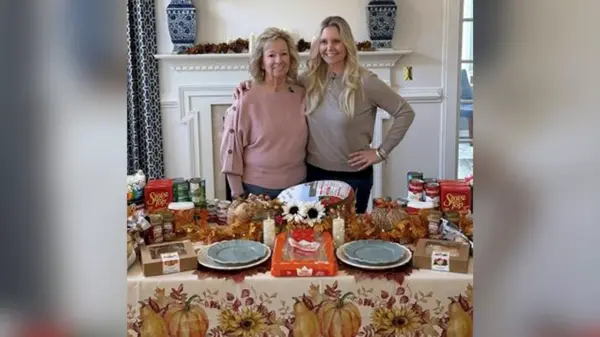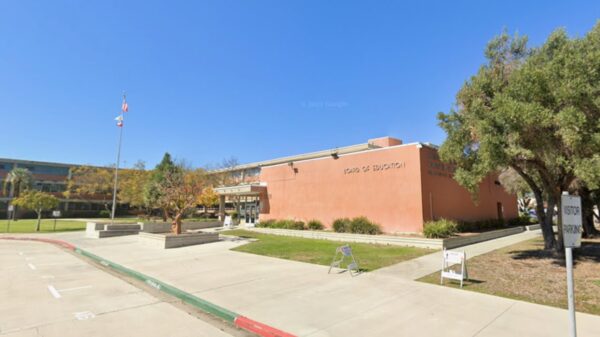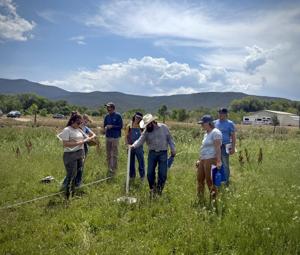Taos, New Mexico, has been selected as one of only two locations across the United States for a pioneering citizen science initiative focused on regenerative agriculture. This project, named Project Avalanche, is spearheaded by the Ecdysis Foundation, an organization dedicated to agricultural research. The other site chosen is a community in northeastern Ohio.
The selection comes as part of a broader movement towards sustainable farming practices in Taos, which has seen a surge in interest over recent years. Gillian Joyce, executive director of Alianza Agri-Cultura de Taos, recalls a pivotal moment on Earth Day 2020, when a screening of the documentary Kiss the Ground drew approximately 50 attendees despite the chilly weather. This event catalyzed local collaboration among various agricultural groups, leading to the establishment of the state’s Healthy Soil Program.
Project Overview and Objectives
Project Avalanche builds on the foundation’s previous Thousand Farms Initiative, which has monitored regenerative agricultural practices on around 1,600 farms across more than 30 states and two Canadian provinces. The initiative aims to track soil health, wildlife diversity, and crop quality in order to enhance agricultural sustainability.
According to John Lundgren, founder of Ecdysis and a former U.S. Department of Agriculture employee, the goal is to put scientific tools directly into the hands of farmers. “There’s farmers that are figuring out how to adapt… so we’re trying to identify what seems to be working, and what doesn’t,” Lundgren stated. The program is offered at no cost to farmers, with Ecdysis covering the estimated $7,500 expense per participating farm.
A training session was held in August 2023, where Lundgren and his team, including lab manager Kristianna Gehant Siddens, taught local farmers how to sample soil for various metrics, including temperature and density, as well as assess water infiltration and track insect diversity. “Our community now owns all of those tools,” Joyce emphasized, highlighting the empowerment of local producers through this initiative.
Local Impact and Future Goals
Among the participants was Robert Martinez Sr., who operates a grass-fed cattle ranch in Taos. Following the training, he utilized the provided equipment to conduct soil sampling on his land. Martinez described the data collection as foundational for future agricultural improvements. “If you’re thinking about the initial days of school, this is the test to kind of assess where you are,” he noted.
Martinez expressed optimism about the potential for smaller producers to thrive amidst growing consumer demand for organic foods. “Over time, it became harder and harder to do it for a living,” he explained. “Those of us that are continuing are trying to do a better job. We’re trying to improve our soils and our livestock.”
Lundgren, who transitioned from entomology to farming a decade ago, believes regenerative agriculture can play a vital role in addressing climate change. He cited examples of farmers in California’s almond industry who have successfully reduced their water usage by 50% through regenerative practices. “This is the best shot we’ve got. The best tool that we have is our food system,” he said.
As Taos embarks on this collaborative journey, the community is committed to learning and growing together in their agricultural practices. “There’s a huge learning curve, and I’m in the midst of it,” Martinez acknowledged. The foundation’s ongoing support signals a promising future for regenerative agriculture in the region, emphasizing both ecological and economic benefits.








































































